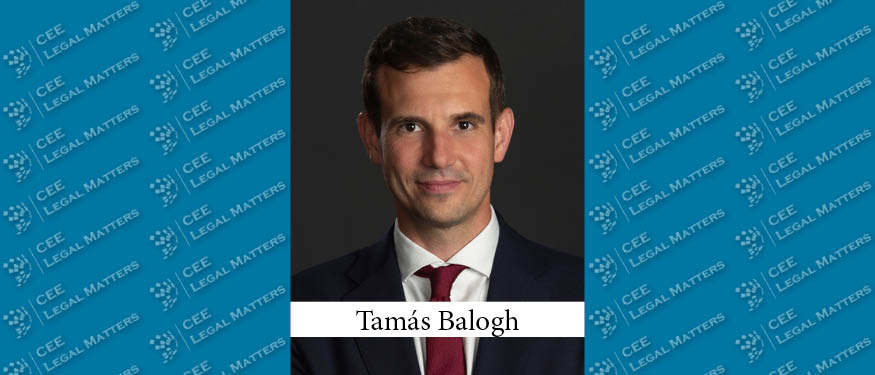In the October 6, 2018 parliamentary elections in Latvia, Klauberg Baltics Partner Theis Klauberg says, the ruling party lost its positions, giving the stage to new faces in the government. Still, he reports, “the biggest challenge was to form a lasting government."
“The process of forming coalition was unusually lengthy," Klauberg reports. "But it could be explained by the fact that this time several parties received a similar amount of votes, with no pronounced winner of the elections." According to him, the outcome of the elections was a surprise, as unlike the previous government, the parties that won the majority of votes this time are independent of particular business interests. According to Klauberg, this is an encouraging development. “The political society is developing in a positive way, away from particular interests of business groups, and simply is more democratic,” he says, smiling that, “it is an improvement!”
Not all is rosy, however, and Klauberg reports concern among foreign investors about the ongoing crisis in Latvia's banking sector. “There was an increase in oversight over financial institutions, and banking regulations are becoming stricter,” he notes, explaining that the increasing scrutiny is connected primarily to money laundering prevention. However, despite the government’s intentions, he says, the new rules are impacting investors in the country. “It has become much more difficult for foreign investors to do business with local banks when establishing a company in Latvia,” he says. "It is a huge problem, and a new phenomenon for Latvia.” As a result, he says, the increasingly demanding regulatory environment could potentially result in a slowdown of foreign investment, although he concedes that, “I would not expect this to happen.”
According to Klauberg, after some 20 years of minimal change in Latvia’s tax regime, a number of new rules came into force a year ago, primarily relating to an increase of social taxes for health insurance and pensions for self-employed individuals. Although he reports that there has been minimal public opposition to the changes — “Latvia typically does not have loud reactions,” he says — he describes the reaction to the increase as generally negative.
Finally, Klauberg says that the country’s legal market is fairly stable, though he describes with pride as "the biggest news" his firm's recent departure from pan-Baltic bnt attorneys to target German clients (which CEE Legal Matters reported on December 21, 2018).


















